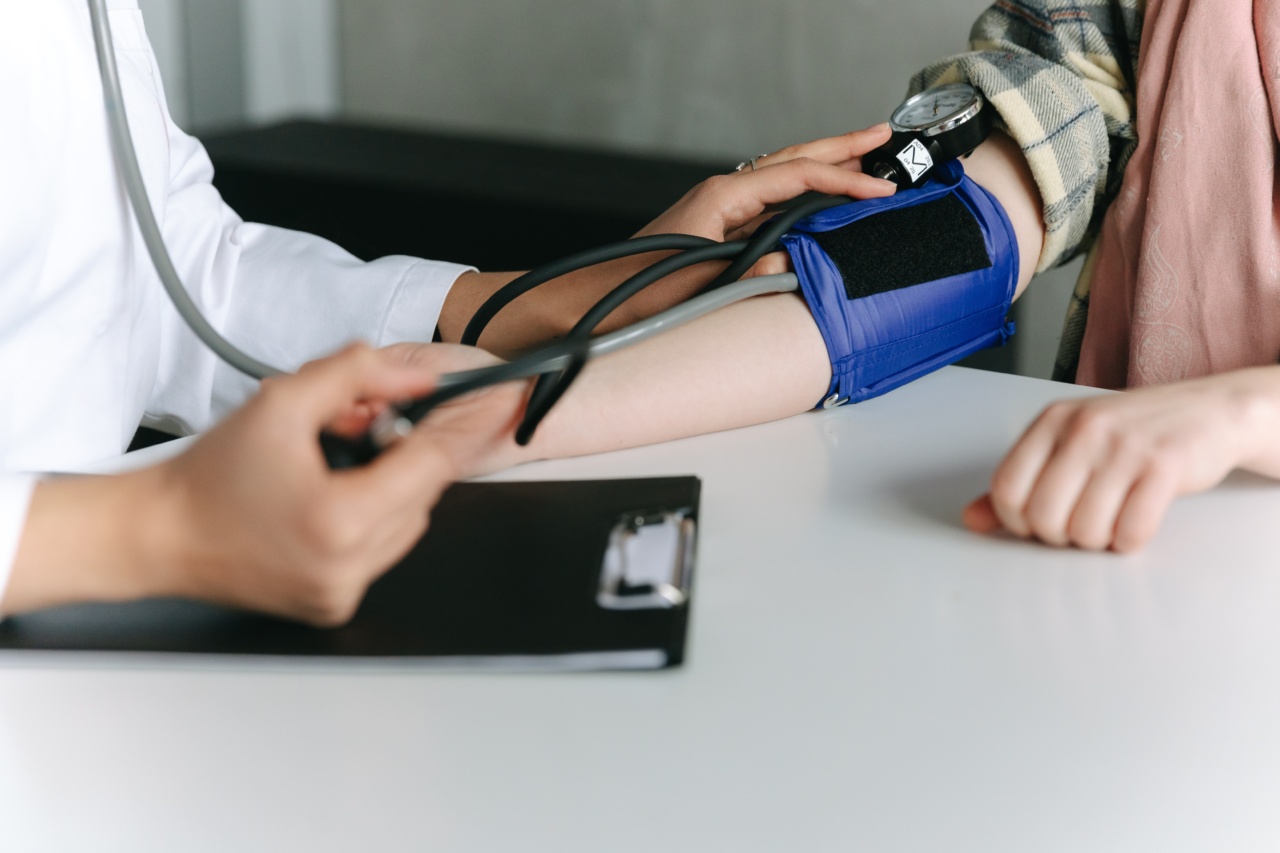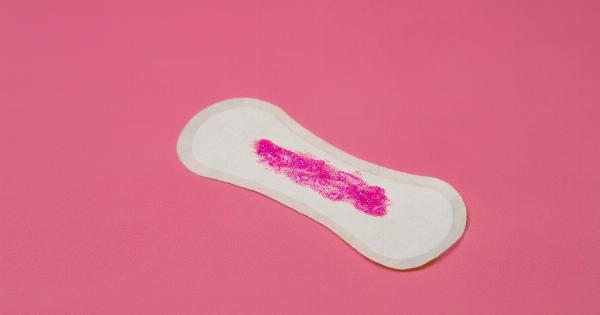Studies show that people suffering from hypertension tend to wake up frequently to urinate at night (nocturia). Researchers have found a link between nocturia and high blood pressure, suggesting that hypertension might lead to nocturia or vice versa.
In this article, we dive deep into the relationship between nocturia and hypertension and how you can manage these conditions.
The Relationship Between Nocturia and Hypertension
Nocturia is a health condition that occurs when people wake up more than once to urinate at night. Nocturia affects sleep quality and can lead to fatigue, irritability, and other health issues.
Hypertension, on the other hand, is a condition where the blood pressure levels are consistently high. It affects the heart, kidneys, and other vital organs of the body. Among older adults, both nocturia and hypertension are common medical conditions, and they tend to coexist.
Recent studies have shown that nocturia can be an indicator of hypertension.
Causes of Nocturia in Hypertensive Patients
Several factors can cause nocturia in people with hypertension. One factor is an overactive bladder. When the bladder becomes overactive, it contracts more frequently, allowing less urine to be stored. This leads to nocturia and can cause hypertension.
Another factor is that hypertension leads to kidney problems. Poor kidney function can cause nocturnal urination and worsen hypertension.
Hypertension can cause a decrease in the body’s secretion of antidiuretic hormone (ADH). ADH helps the kidneys retain water, which, in turn, reduces urine production.
When the levels of ADH are low, the body produces more urine, which could lead to nocturia. Additionally, hypertension can enlarge the heart’s left ventricle, reducing the amount of blood it can pump. Lowered blood flow may cause less oxygenation to the kidneys, and this, too, can lead to nocturia.
The Link Between Sleep Apnea and Nocturia in Hypertensive Patients
There is a strong link between obstructive sleep apnea (OSA) and nocturia in hypertensive patients. Obstructive sleep apnea is a disorder that makes breathing difficult during sleep.
Individuals with OSA have trouble breathing and snore loudly, leading to frequent urination at night.
Research indicates that OSA may lead to hypertension due to sleep disruption and increased sympathetic nervous system activity. This sympathetic overactivity can also cause nighttime urination, leading to nocturia.
The Effect of Nocturia on Hypertensive Patients
Nocturia can affect a hypertensive patient’s quality of life by interfering with their sleep routines. Poor sleep quality can lead to daytime fatigue, decreased alertness, and concentration.
Inadequate sleep can also affect a person’s ability to exercise, which, in turn, increases the risk of cardiovascular disease and hypertension.
Management of Nocturia and Hypertension
Managing hypertension and nocturia requires a multifaceted treatment approach. The treatment plan may include medication, lifestyle changes, and behavioral therapy. Some of the ways you can manage hypertension and nocturia are as follow:.
1. Medication
The use of drugs is an essential tool in treating both hypertension and nocturia. Various medications can help reduce blood pressure and decrease the number of nighttime urinations.
Your doctor may prescribe antihypertensive drugs to help control your blood pressure. They may also prescribe medication to promote proper bladder function.
2. Lifestyle Changes
Lifestyle changes can be an effective way of managing hypertension and reducing nocturia. Reducing sodium intake, eating a healthy diet, and exercising regularly can help reduce blood pressure.
Additionally, avoid drinking fluids a few hours before bedtime to prevent waking up at night to urinate.
3. Behavioral therapy
Behavioral therapy involves techniques that aim to retrain the bladder. A doctor may recommend timed voiding, where you schedule bathroom breaks to train your bladder. They can also suggest fluid restriction or pelvic floor exercises.
4. Continuous Positive Airway Pressure (CPAP)
If you have obstructive sleep apnea, using a Continuous Positive Airway Pressure (CPAP) machine can effectively reduce blood pressure. The machine helps keep the airway open, preventing breathing obstruction and nocturia.
Conclusion
Nocturia and hypertension are two common medical conditions that can occur together. The link between these two conditions is significant and can lead to a decrease in quality of life.
If you’re suffering from either of these conditions, it’s essential to talk to your healthcare provider for proper diagnosis and treatment. With lifestyle changes and medication, it’s possible to manage hypertension and reduce nocturia effectively.






























